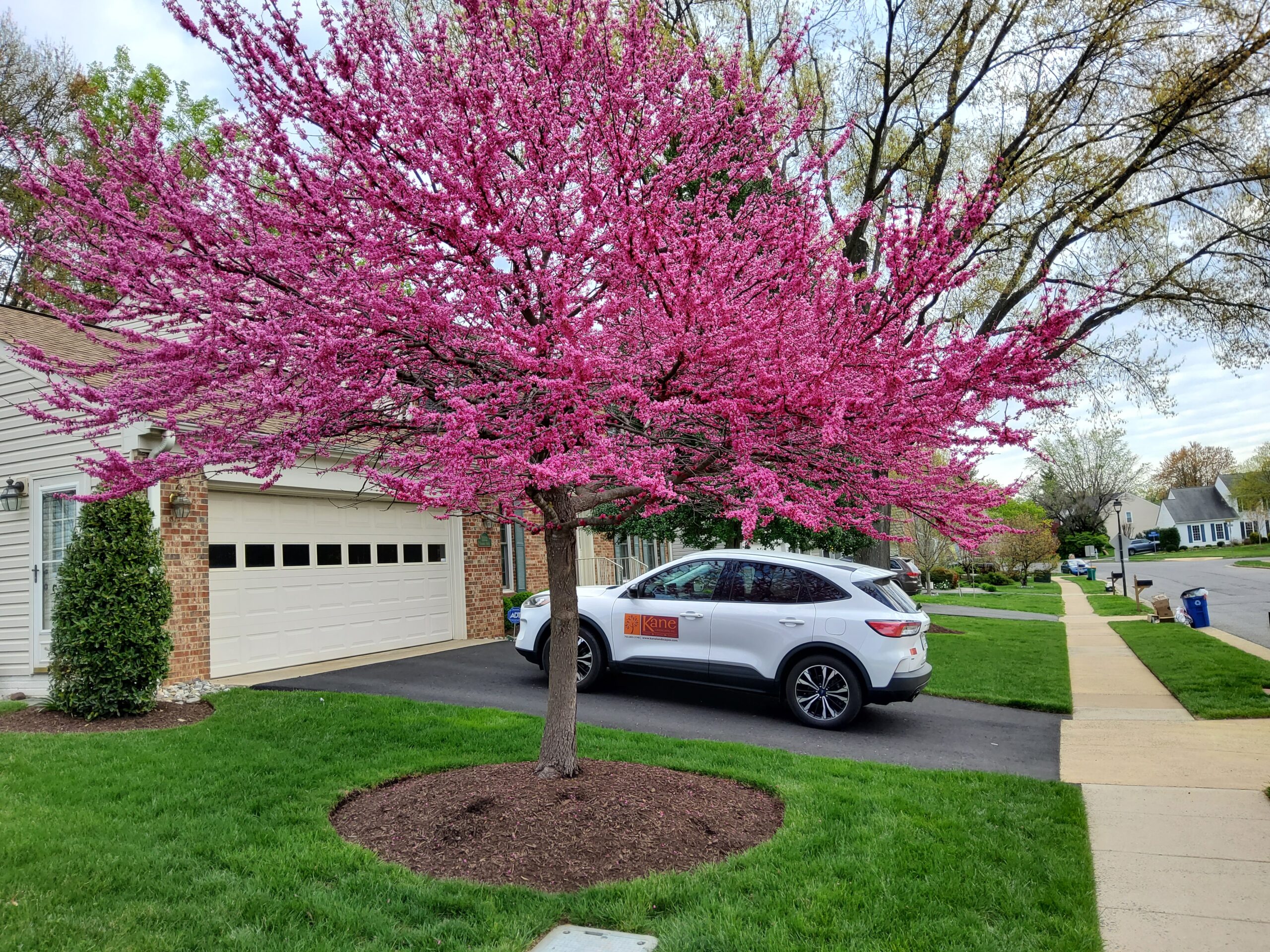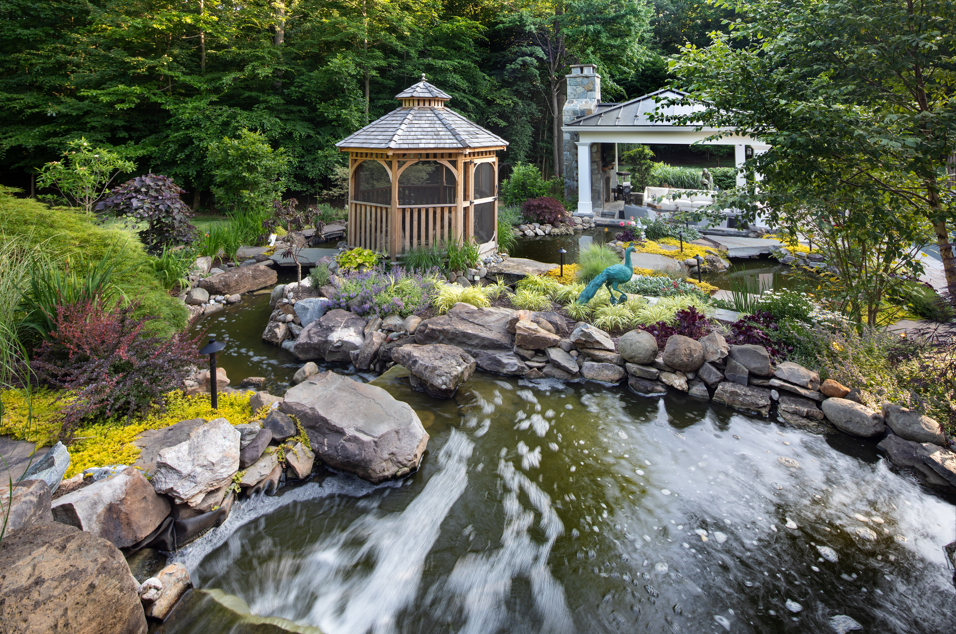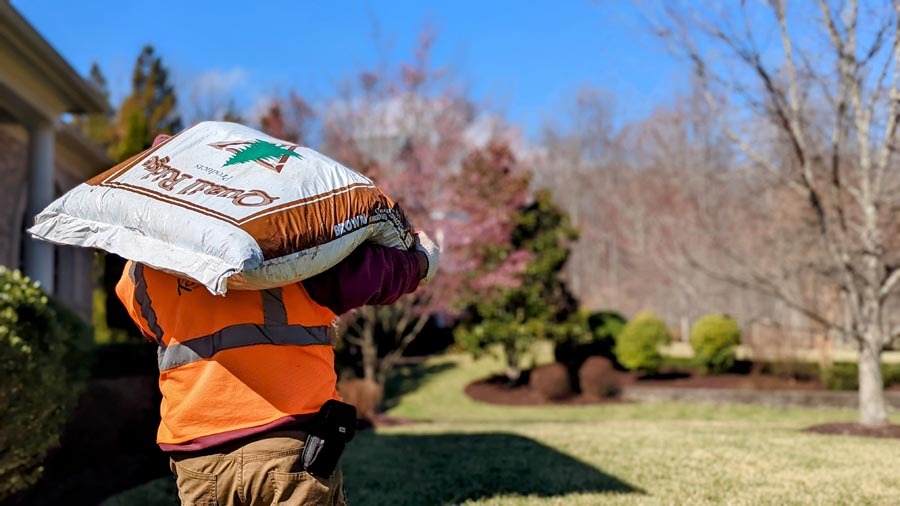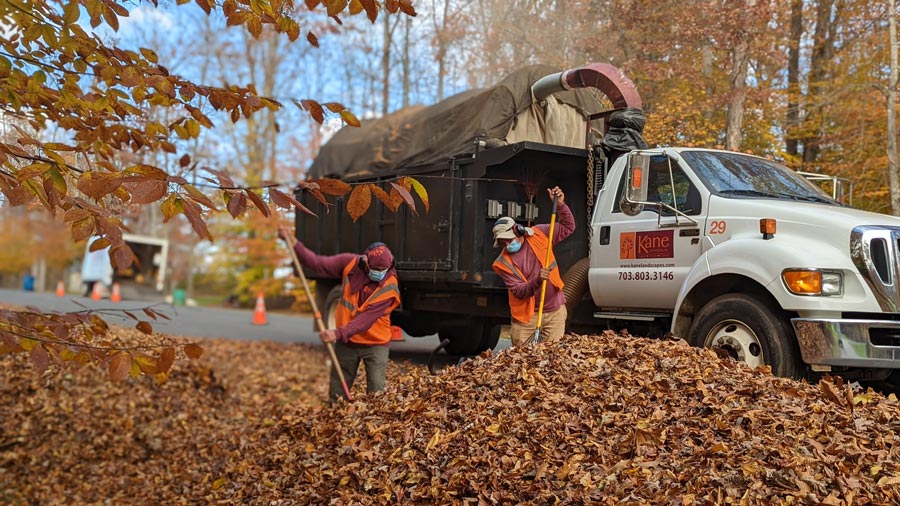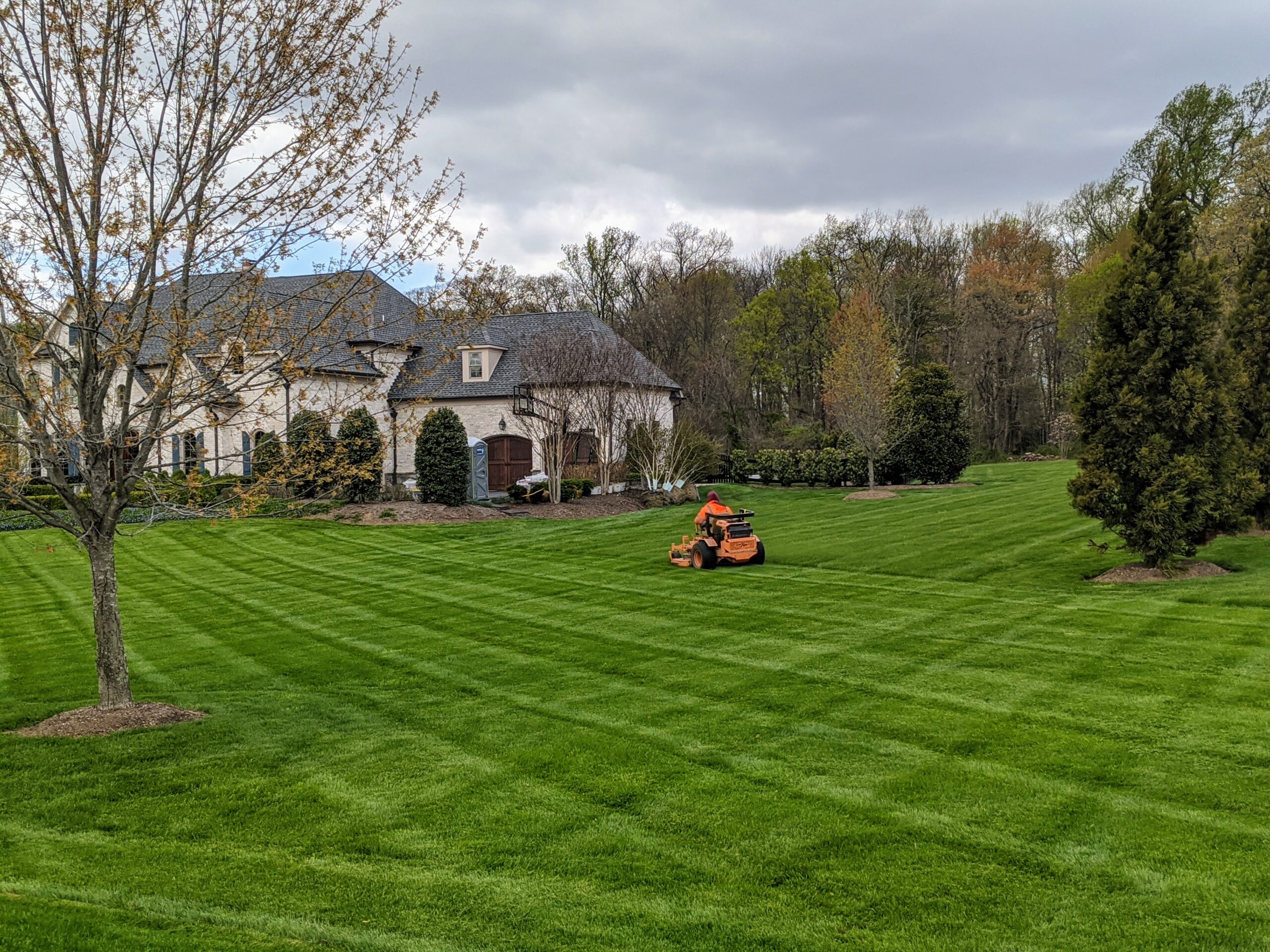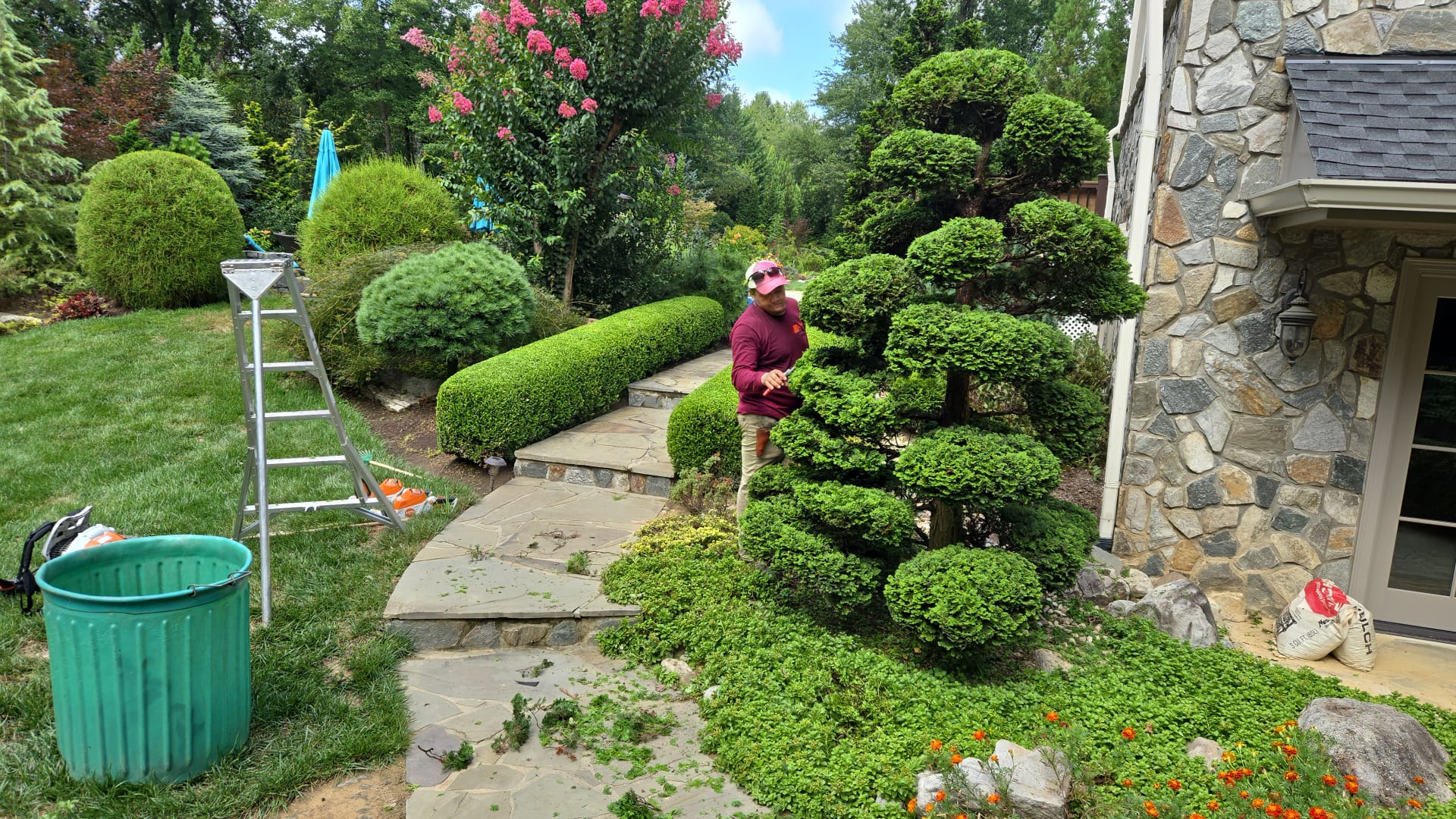When planning your landscape in Northern Virginia, selecting the right trees is essential for long-term beauty, sustainability, and environmental benefits. While many homeowners are drawn to exotic species, native trees offer some advantages that enhance the local ecosystem and reduce maintenance costs. In this article, we’ll explore why native trees should be considered for your landscape and highlight some of the top native tree species for Northern Virginia.
The Benefits of Planting Native Trees
1. Adapted to Local Climate and Soil
Native trees have evolved to thrive in Northern Virginia’s climate and soil conditions. They will typically require less water, fertilizer, and pest control compared to non-native species, making them a more low-maintenance and cost-effective choice for homeowners.
2. Support for Local Wildlife
Native trees provide food and shelter for birds, pollinators, and other wildlife. Oak trees, for instance, support many species of caterpillars that become essential food sources for birds. Flowering dogwoods attract bees and butterflies, promoting a healthy and diverse ecosystem.
3. Improved Soil Health and Erosion Control
Because they are well-suited to the local environment, native trees establish strong root systems that improve soil health and help prevent erosion (of particular importance in areas with sloped terrain, where erosion can be a significant issue).
4. Resilience Against Pests and Diseases
Unlike exotic species, which may struggle against local pests and diseases, native trees have natural resistance to many common threats, reducing the need for chemical treatments and contributing to a healthier environment.
5. Enhancing Aesthetic Appeal
Native trees offer seasonal beauty, from the reds and oranges of sugar maples in the fall to the pink blossoms of Eastern redbuds in the spring.
Top Native Trees for Northern Virginia Landscapes
1. White Oak (Quercus alba)
- Long-lived and large, white oaks provide excellent shade and support a wide range of wildlife.
- Strong wood and a deep root system make them resistant to storms and droughts.
2. Eastern Redbud (Cercis canadensis)
- A small to medium-sized tree known for its pink-purple spring blossoms.
- Attracts pollinators and adds a splash of color to your landscape.
3. Flowering Dogwood (Cornus florida)
- Virginia’s state tree is famous for its white or pink flowers in early spring.
4. American Holly (Ilex opaca)
- A year-round evergreen that offers red berries in the winter.
- Excellent as a privacy screen or ornamental accent.
5. Sweetgum (Liquidambar styraciflua)
- Recognized for its star-shaped leaves and fall color display.
- Offers shade and improves soil stability with its deep root system.
6. Black Gum (Nyssa sylvatica)
- One of the best trees for fall foliage, displaying fiery red and orange hues.
- Attracts bees in the spring and birds in the fall with its fruit.
7. Tulip Poplar (Liriodendron tulipifera)
- A fast-growing tree with distinctive tulip-like flowers in late spring.
- Ideal for large properties where a quick-growing shade tree is desired.
How to Incorporate Native Trees into Your Landscape
1. Use as Shade Trees
Planting large native trees like oaks and tulip poplars in strategic locations can reduce cooling costs in the summer while providing natural beauty and habitat benefits.
2. Create a Pollinator-Friendly Garden
Smaller flowering native trees such as Eastern redbud and dogwood attract bees and butterflies, making them perfect additions to gardens designed to support pollinators.
3. Design Natural Privacy Screens
Evergreen trees like American holly can serve as attractive privacy screens that also provide year-round shelter for birds.
Conclusion
Choosing native trees for your Northern Virginia landscape is an investment in sustainability, beauty, and biodiversity. These trees are well-adapted to the local environment, support native wildlife, and can require less maintenance than non-native alternatives.
If you’re ready to enhance your landscape with native trees, Kane Landscapes can help you select and plant the perfect species for your property. Contact us today to learn more about our expert landscaping services!

